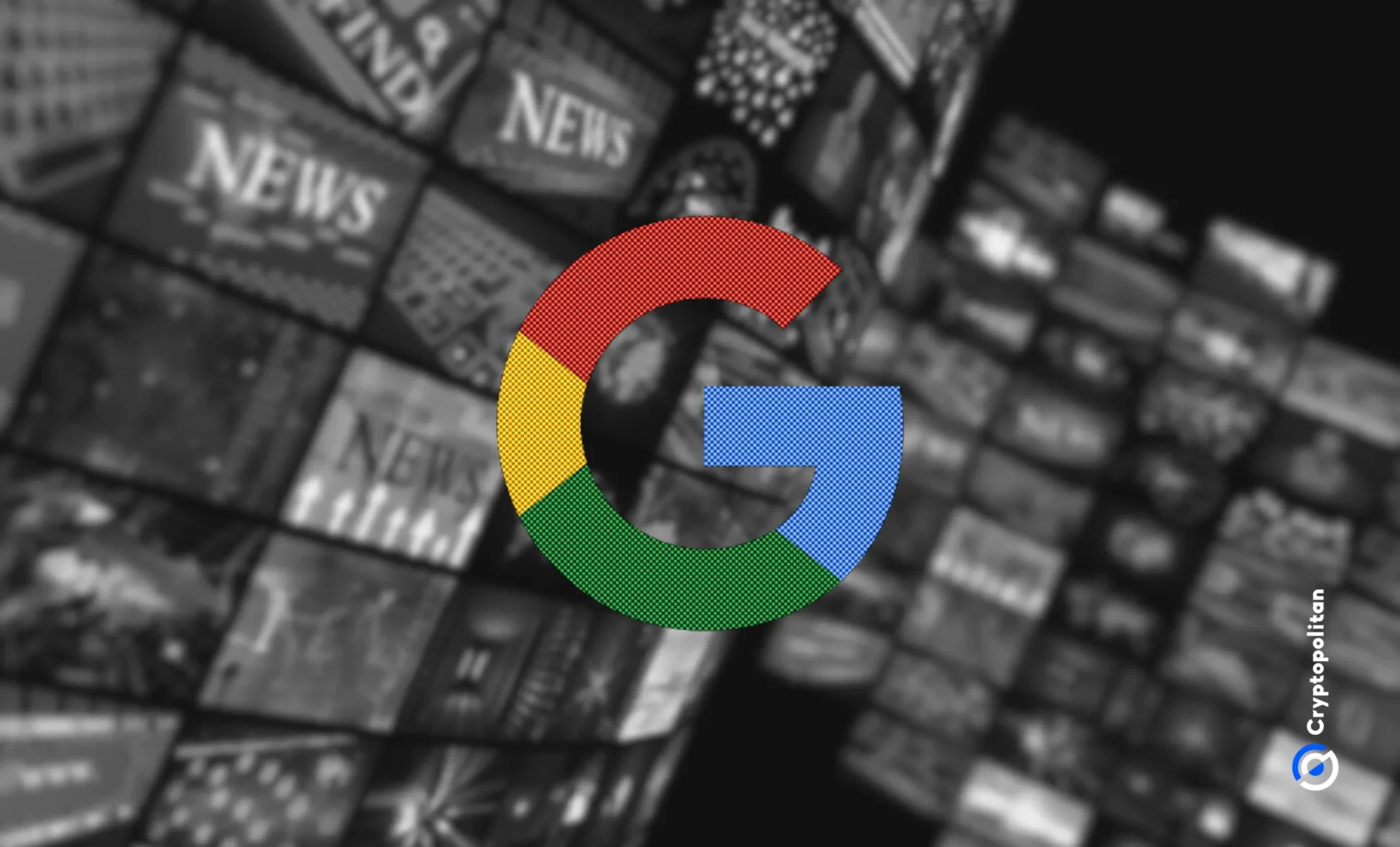Microsoft’s recent launch of Copilot, a standalone AI chatbot app for Android, has subtly entered the tech arena. The app, now available on the Google Play Store, is a product of Microsoft’s collaboration with leading AI developer OpenAI. By integrating the sophisticated language and image generation capabilities of GPT-4 and DALL-E 3 with GPT-Vision’s image-analyzing features, Copilot brings a blend of advanced AI functionalities to users’ fingertips.
Microsoft’s Copilot app details revealed
Positioned as an evolution of the previous standalone Bing search app, Copilot offers users a diverse range of AI-enhanced tasks. From answering complex questions to generating visuals and even assisting in document drafting, the app serves as a comprehensive AI companion. Notably, Microsoft consolidates all its AI-powered services, including the coding assistant, Cortana, and the AI-powered web search and chatbot, under the Copilot umbrella as a unified product. What sets Copilot apart is its departure from the prevalent subscription-based model. Unlike ChatGPT Plus, Copilot provides advanced AI features at no cost.
This strategic move positions Microsoft’s offering as a formidable alternative to other free or integrated assistants like Siri, Google Assistant, and Samsung’s Bixby. The immediate integration with GPT-4, known for its nuanced understanding and response capabilities, adds significant value for users looking to explore the latest AI model without committing to a subscription fee. As of now, Copilot is exclusively available to Android users. Speculation has also been growing about its potential expansion to iOS, considering the substantial market share of Apple’s operating system. This mirrors the trajectory of OpenAI’s original ChatGPT app, initially released on iOS and later extended to Android.
Speculations surrounding an expansion to iOS
The tech industry is experiencing a noteworthy transformation in the landscape of virtual assistants. Copilot and ChatGPT are not the sole contenders; various other apps have entered the market, showcasing the diversification of offerings. Chatbots like Poe and Replika coexist with general assistants that leverage AI for enhanced capabilities. Beyond standalone AI apps, existing and popular applications have enhanced their functionalities through AI integrations. Apps like Facetune, Deepl, Grammarly, and Duolingo have tapped into the power of generative AI, offering users a superior experience.
From improved advice and enhanced image edits to superior translations, these services underscore the pervasive influence of AI on user-centric solutions. Microsoft’s Copilot is a strategic move to harness the power of AI and offer users advanced features without a subscription fee. The app’s integration with GPT-4 positions it as a significant player in the evolving landscape of AI-powered mobile applications. As the industry continues to evolve, users can anticipate a richer array of choices, with AI-driven solutions enhancing various aspects of their digital experiences.





